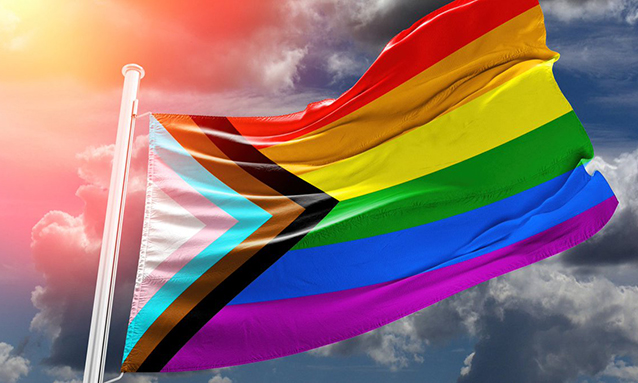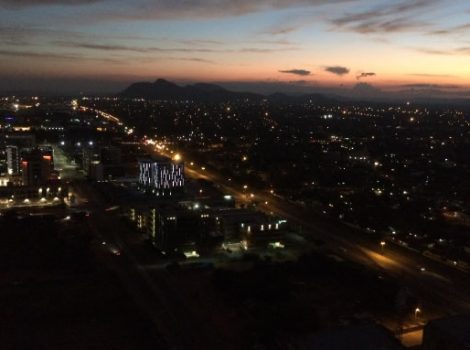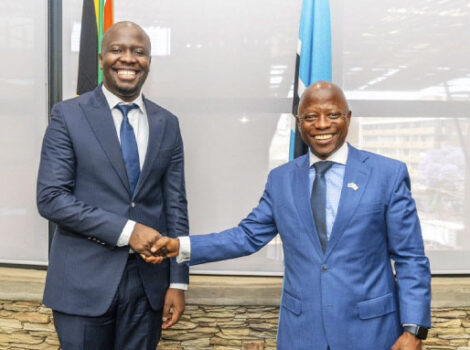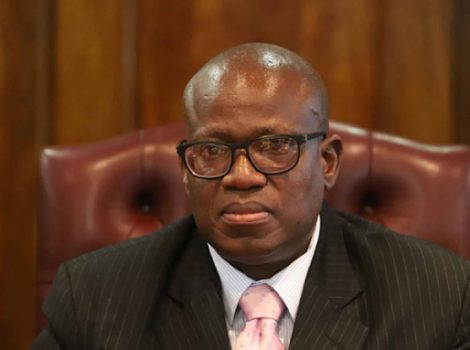
16 June 2023
High Court in 2017 ruled on the issue.
Legal gender recognition has pleased the courts
The High Court of Botswana in 2017 handed down the ND v. the Attorney General judgment stating that refusing to enable transgender persons to change their gender marker without resorting to litigation violates an individual’s rights to identity, dignity, privacy, protection from discrimination, degrading and inhuman treatment, freedom of expression, association and assembly. In 2021, the Botswana Court of Appeal upheld the High Court’s judgment to decriminalise consensual same-sex sexual relations.
Progress to facilitate legal gender recognition in Botswana is extremely slow and, to an extent, non-existent. Following the 2017 judgment, the Southern Africa Litigation Center and the Lesbians, Gays and Bisexuals of Botswana developed a policy brief to guide the government in establishing procedural and administrative processes to ensure that transgender persons can have legal gender recognition.
Legal gender recognition is about breaking down walls and building bridges for inclusion
Legal gender recognition refers to the process by which transgender people can legally change the gender marker on their official identification documents to reflect their gender identity. It relates to transgender person’s ability to obtain official identification documents that reflect their name and gender identity through legal and administrative processes. These processes include changing name details and gender markers on identification documents and administrative records, such as birth certificates, Omang/identity cards, passports, driver’s licenses, and educational and employment records.
This process is crucial for transgender individuals to be recognised as who they are and identify as and enable access to fundamental rights and services often tied to genders, such as healthcare, education, and employment. Legal gender recognition ensures transgender and gender-diverse people are recognised and protected before the law and can navigate through areas of daily life without obstacles.
Legal gender recognition is about carving out space for all Batswana and ensuring that transgender persons belong
Transgender people have the right to liberty and equal protection as enshrined in the constitution. The High Court has called on the government to ensure that legislative and procedural processes are in place to ensure legal gender recognition.
The lack of legal gender recognition by the State pushes social exclusion and deprives transgender persons from participating fully in civic and national developments of the country.The government’s reluctance to ensure the total quality of life for transgender people deprives them of the realisation of their rights.
Legal and administrative pathways to legal gender recognition in Botswana
The High Court in the case of ND v. Attorney General instructed the State to take “all necessary legislative, administrative and other measures to ensure that procedures exist whereby all State-issued identity documents which indicate a person’s gender/sex reflect the person’s self-defined gender identity.” This is an opportunity for the government to work closely with transgender human rights advocacy groups.
The High Court in ND v. Attorney General confirmed that persons could change their gender marker through the National Registration Act of 1986. Section 16 of the act says that the registrar needs to change the particulars of a registered person in circumstances where there is a “material change” to the person’s details. The High Court held that a gender identity that does not match the sex assigned at birth, which is recorded in the birth register, constitutes a “material change.” Once the Registrar has affected the change in the Register, the Registrar must issue a new identity document.
One would imagine following these pronouncements and declarations by the court; the government would follow suit. However, many transgender persons in Botswana continue to face significant challenges in obtaining legal gender recognition.
To address the challenges faced by transgender persons in seeking legal gender recognition, it is essential to continue advocating for legal frameworks that are inclusive, accessible, and affirming of transgender persons. This includes removing or making requirements affordable and accessible and simplifying legal gender recognition processes.



